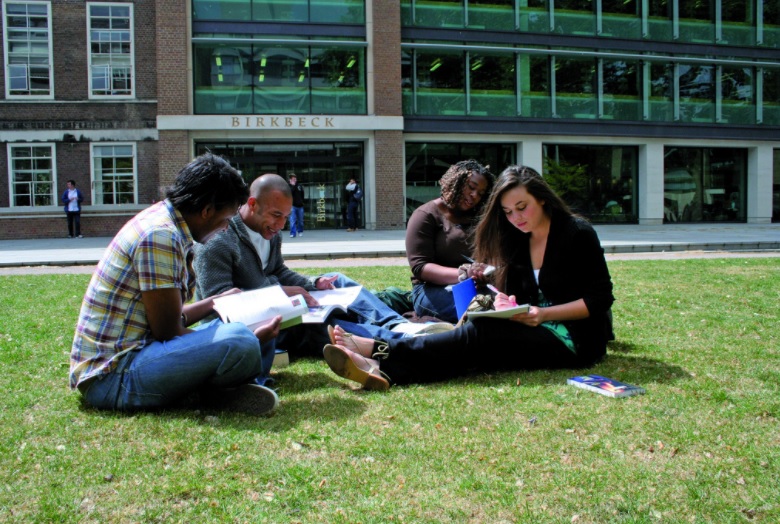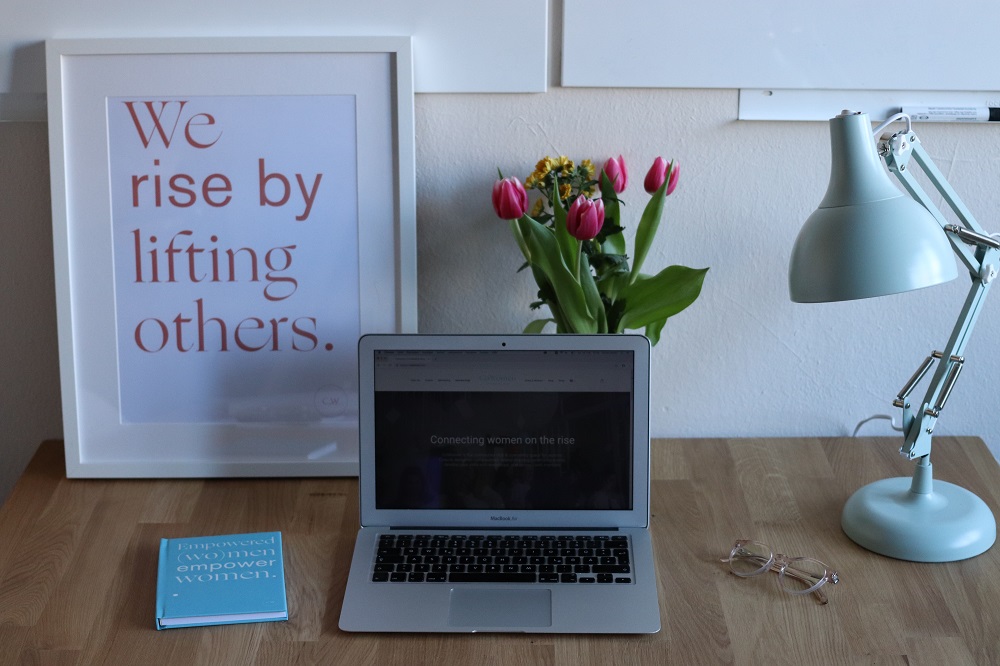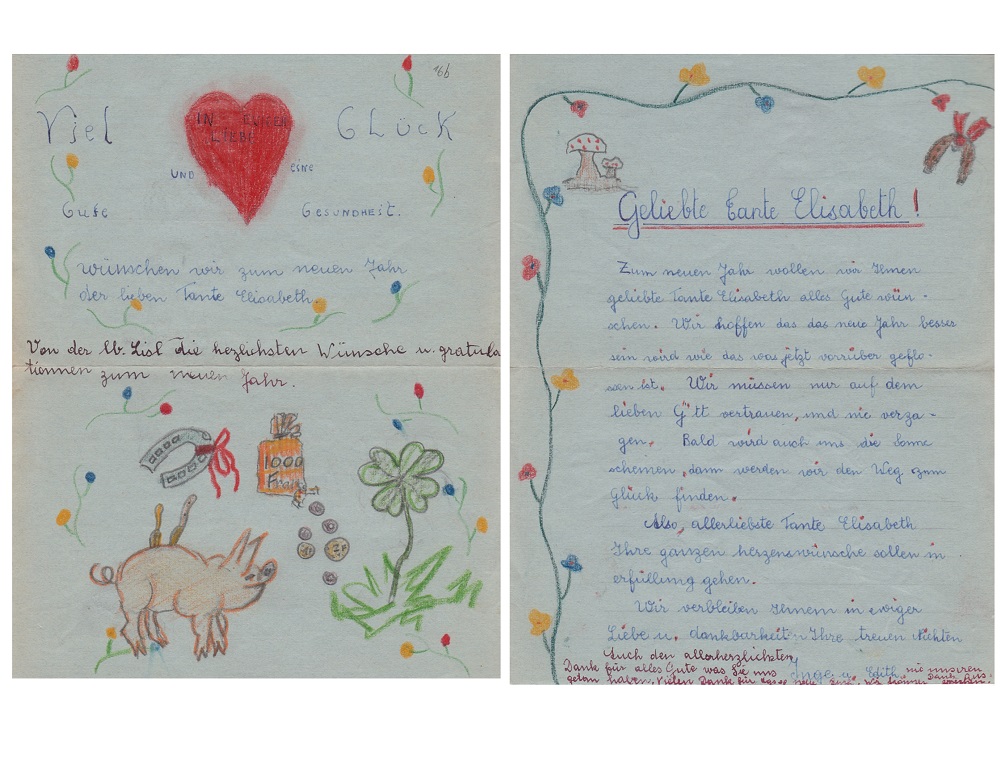
The Open Library of Humanities team
Tell us who you are, and where you sit in the Birkbeck, University of London departmental structure?
The Open Library of Humanities (OLH) is an award-winning, academic-led, gold open-access publisher with no author-facing charges. OLH was launched in 2015 and has been operating as an independent charity until May 2021, which is when the platform merged with Birkbeck, University of London.
We are based in the College’s Department of English, Theatre and Creative Writing, and it’s Centre for Technology and Publishing. We’re proud to hold a Coko Foundation Open Publishing Award, an AOP Digital Publishing Award, and to have been Highly Commended at the ALPSP Awards for Innovation in Publishing.
How many staff are in the team?
The OLH has a team of five — soon to be six — full-time members of staff.
The team in detail:
- Dr Rose Harris-Birtill is the Acting Director and Managing Editor of the Open Library of Humanities, and is head of editorial at OLH. She is also the Editor of our flagship journal, OLH.
- Paula Clemente Vega is the Marketing Officer for the Open Library of Humanities where she is in charge of memberships and of increasing the visibility of the OLH through outreach, marketing and advocacy.
- Dr Eleanor Careless is the Editorial Officer for the Open Library of Humanities where she oversees editorial processes and production.
- Andy Byers is a Senior Publishing Technology Developer at the Birkbeck’s Centre for Technology and Publishing. He leads development of the Janeway journal management system project.
- Mauro Sanchez is a Senior Publishing Technology Developer at Birkbeck’s Centre for Technology and Publishing. He is in charge of managing development processes and operations for the Janeway project.
- The OLH was co-founded by Professor Martin Paul Eve and Dr Caroline Edwards from Birkbeck’s Department of English, Theatre and Creative Writing.
What are the key functions of the team?
Our mission at the OLH is to support and extend open access to scholarship in the humanities – for free, for everyone, forever. Our small but hardworking team each oversee different facets of the organisation to make this mission a reality, supporting the editors across our platform of 28 open access journals, developing and maintaining our own field-leading open-source publishing platform, and securing the funding that allows our journals to remain completely free to read and free to publish in.
The OLH operates using a consortial funding model, which means that over 300 institutions pool their resources to collectively fund our open access publishing activities, allowing us to publish scholarship without the need to charge authors or readers. Our idea is that research organisations and libraries make a relatively small voluntary contribution – often less than a single article processing charge – that, when combined, covers the costs of running a publication platform on which peer-reviewed scholarly journals can then be published as fully open access. Our dedicated Marketing Officer is in charge of working with member universities, securing the vital member support that allows us to keep running.
One of the goals of the OLH has been to flip subscription journals to open access, making previously paid-for scholarly journals completely free to read and publish in. With this model we are proud to say that the OLH has been able to expand from 7 journals in 2015 to 28 journals in 2021. A huge milestone was the development and launch of Janeway in 2017, our own field-leading innovative open-source publishing platform developed fully in-house by our talented Senior Publishing Technology Developers, which is used both by our published and funded journals, as well as by a growing number of external partner university presses. The editorial team is in charge of coordinating the academic journals published by the Open Library of Humanities, and our Director oversees the day-to-day running of the organisation.
How have you been keeping each other afloat during the pandemic?
The OLH is fully set up for remote working, which allows us to keep overheads low. As such, we worked from home before the pandemic, so in that respect, not much has changed! However, we’ve continued to work closely to support each other through a challenging year. Organising online parties and games has been what has helped cheer up our days and keep us motivated during lockdown, as well as sharing funny gifs, anecdotes, photos and pet updates!
What are your current key activities?
We recently merged with Birkbeck, University of London, which has been a huge milestone for securing the future of the organisation, and now have a new Director, Dr Rose Harris-Birtill. She stepped in to replace Professor Martin Paul Eve, who is currently on research leave until Autumn 2022.
Universities continue to join us on a weekly basis, and our Marketing Officer is always busy dealing with member universities, sending invoices and doing outreach.
With a strong supporter base, we are now in the process of expanding our team. We recently hired a talented new Editorial Officer, Dr Eleanor Careless, and are in the process of hiring a third Publishing Technology Developer to help with journal migrations to our in-house publishing platform Janeway.
What are the plans for the year ahead?
Our developers, with the help of our editorial team, are in the process of migrating most of our journals to Janeway, a sizable project due to be complete by the end of the year, and which means that these will all be published using our own in-house publishing software.
We have recently been awarded a grant of £200,000 from Arcadia, a charitable fund of Dr Lisbet Rausing and Professor Peter Baldwin, to support the innovative research and work of the Open Library of Humanities. This grant will be used to help OLH to expand and diversify its revenue sources. While the pandemic has put strain on library budgets worldwide, OLH has achieved financial stability using its innovative collective funding model. This funding will allow the Centre for Technology and Publishing to expand its Janeway services, thereby providing a second, secure, and stable revenue source for the years to come.
We also recently launched our new Jisc Collections OLH offer for UK institutions. Under this new agreement, UK universities are given the opportunity to voluntarily support us at a higher membership rate. In the coming year, this will allow us to re-open our journal flipping programme to grow our portfolio of open access journals, and make even more world-leading scholarship freely available to all.
When libraries choose to support us at the higher tiers, we will invite applications from scholarly journals currently at for-profit, subscription, and hybrid publishers to apply to join OLH, once we have suitable revenue levels. This flipping will yield benefits not only for the titles that choose to join us and convert to open access, but will also escalate pressure on other publishers to adopt models for equitable open access that allow greater knowledge sharing worldwide.
Who do you most closely work with?
We work closely with our authors, journal editors, partner presses, platform users and university presses that use Janeway to publish their journals, as well as with our 300+ member institutions, and the library open access community more generally.
Janeway is currently used by many publishers and libraries including Michigan Publishing Services, UCL Press, the Open Library of Humanities, Huddersfield University Press, Iowa State Digital Press, the University of Essex, the University of West London, and California Digital Library, which uses Janeway to host its recently launched Preprint service Eartharxiv.
Tell us something interesting about the team.
We love playing games together, and our past online parties have included virtual bomb defusal and the retro real-time strategy game Red Alert (in its open-source version, of course). During the lockdown, two of our team members completed an all-night online gaming session to raise money for charity, and one member of the team even repurposed an old TV to build their own virtual truck-driving rig, complete with steering wheel and cup holder (we’ll leave it to you to figure out who!)
Further information:




















